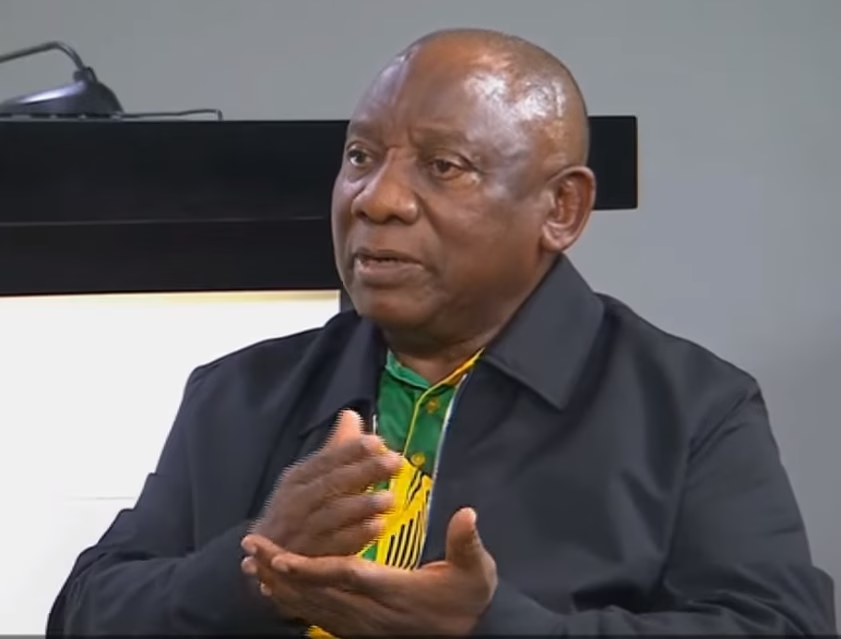The South African government and President Cyril Ramaphosa have suffered a legal setback after the Gauteng High Court in Pretoria dismissed their attempt to delay a R167 million constitutional damages case lodged by families of apartheid-era victims. The case was brought by 25 families and survivors who endured political killings and disappearances during apartheid, alleging that the government neglected to act on the recommendations of the Truth and Reconciliation Commission.
The ruling signals a rare moment of relief for the families who have waited decades for accountability. For many, the court’s decision represents more than just a legal victory—it is a long-awaited recognition of their pain and persistence.
Judge Rebukes Government For Further Delay
Judge Nicolene Janse Van Nieuwenhuizen delivered a strong rebuke to the state’s actions, stating it was
“rather ironic” that the government, which is the sole cause of the delay, sought further postponement without providing any tangible benefit.
The court found that the government’s request for an indefinite delay was without merit and lacked justification, underscoring how bureaucratic inaction continues to deepen the wounds left by apartheid.
Her words carried a deeper message about state accountability, exposing the contrast between public promises of reconciliation and the government’s reluctance to pursue justice.
Foundation For Human Rights Applauds The Outcome
The Foundation for Human Rights (FHR), which has supported the plaintiffs throughout the process, described the decision as a milestone in the broader fight to hold the government responsible for suppressing investigations into apartheid-era crimes. The organisation said the ruling reaffirmed the need to preserve the principles on which South Africa’s democracy was built—truth, accountability, and justice.
The FHR’s position has been echoed by several advocacy groups that have accused the state of dragging its feet on unresolved TRC recommendations. Their stance reflects growing frustration over what many see as the slow erosion of post-apartheid justice.
Political Reactions Reflect Broader Sentiment
The GOOD Party also welcomed the ruling, calling for renewed scrutiny into the government’s handling of Truth and Reconciliation Commission cases. The party emphasised that revealing the reasons behind these prolonged delays is essential to restoring the credibility of South Africa’s justice system. It argued that public confidence can only return once the government demonstrates genuine commitment to addressing the unfinished business of the TRC.
“The need to uncover the truth behind delays in TRC cases to restore integrity to South Africa’s justice system”
remains at the heart of their appeal for transparency.
Ramaphosa’s Commission Under Scrutiny
This judgment arrives as President Ramaphosa’s administration continues to face scrutiny over its approach to unresolved TRC matters. In May 2025, the President announced the creation of a Commission of Inquiry to investigate allegations of political interference in the handling of these cases.
While the inquiry is a positive step, its limited mandate does not include determining constitutional damages, leaving the current High Court case as the central platform for families seeking material justice. The separation between the commission’s work and the court process has led some analysts to question whether government initiatives truly intend to bring closure to victims’ families or merely to manage public perception.
Justice Deferred, But Not Denied
The court’s refusal to grant another delay represents a significant step forward for the 25 families who have waited decades for justice. They continue to demand accountability for the atrocities committed during apartheid and for the state’s failure to prosecute those responsible.
This decision also signals to the broader public that South Africa’s courts remain a vital arena for upholding the rule of law when political will falters. As one of the most symbolic post-apartheid cases to reach this stage, its outcome will likely shape the country’s approach to historical justice for years to come.
South Africa’s journey toward reconciliation was never meant to end with the TRC—it depends on the courage to face uncomfortable truths. The Pretoria court’s judgment reminds the nation that justice delayed cannot become justice denied.

















